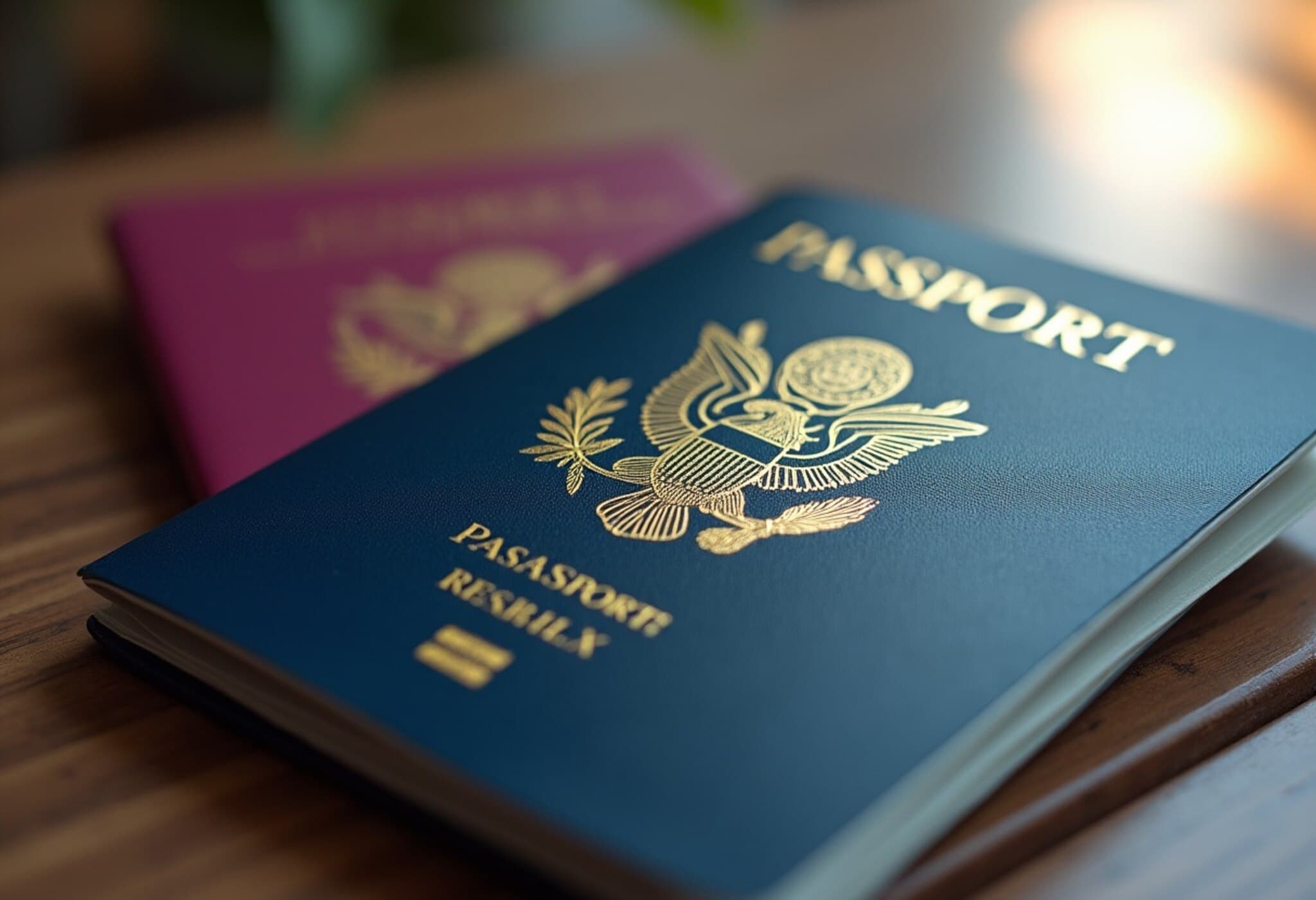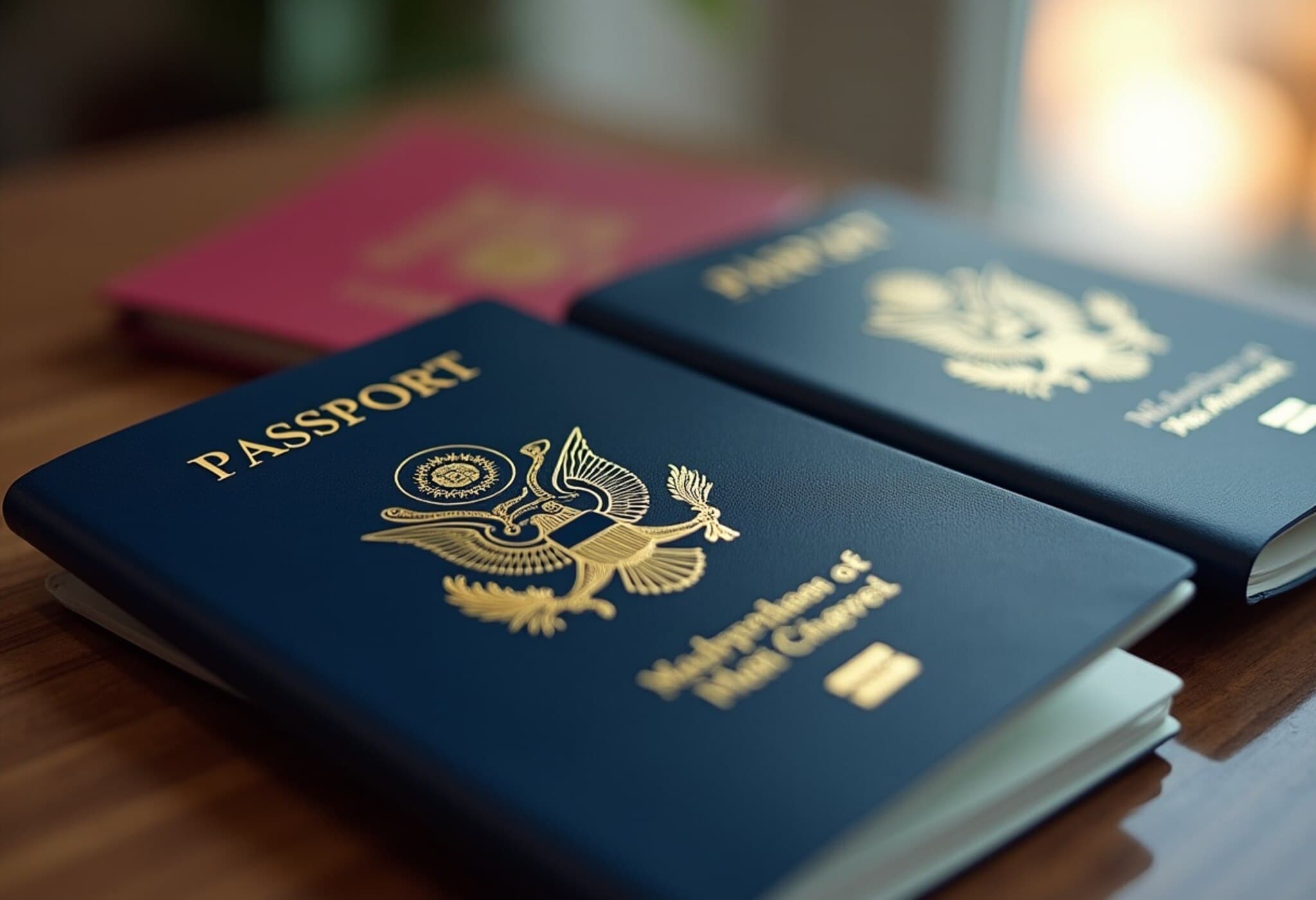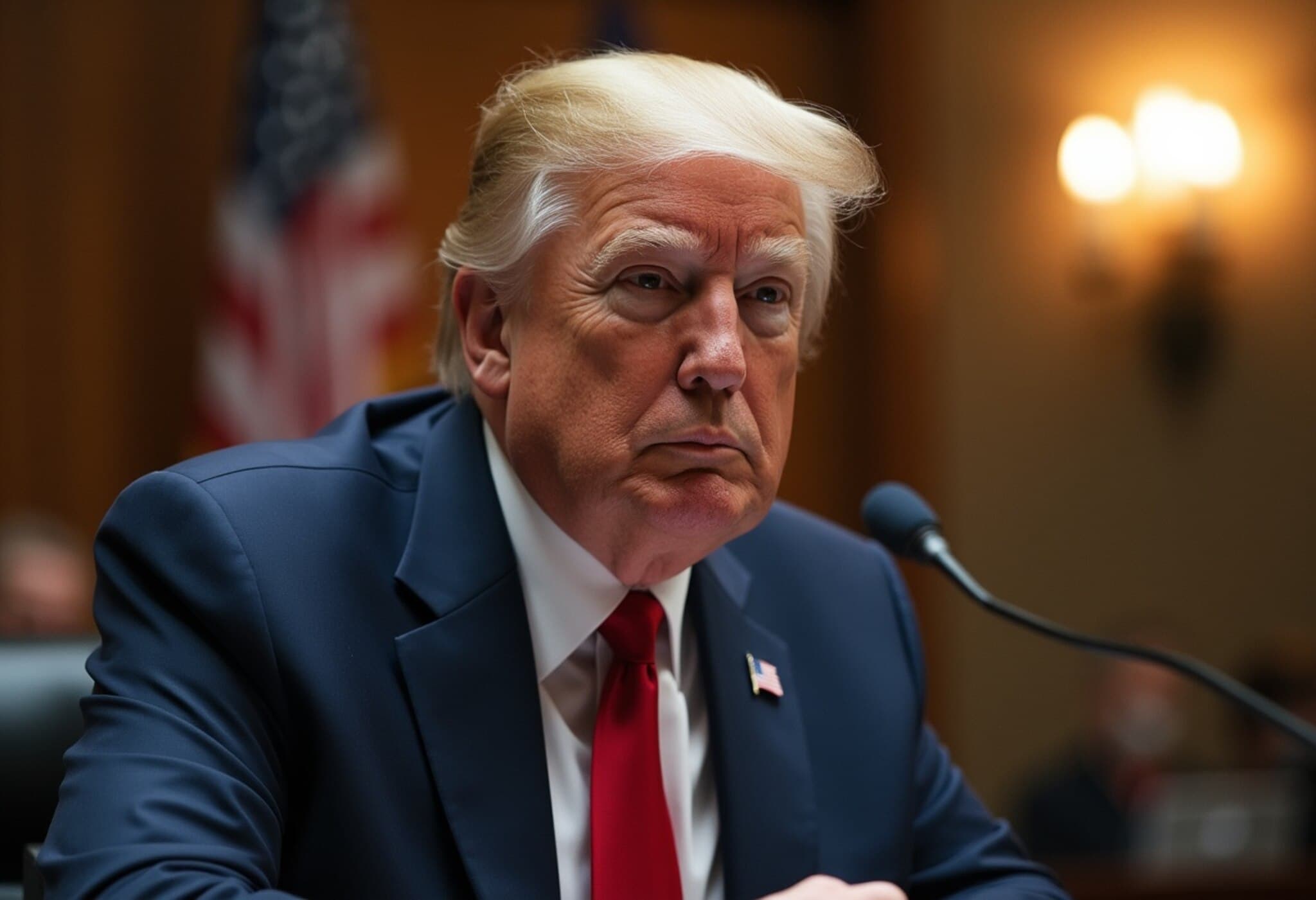Federal Judge Halts Enforcement of Restrictive Passport Gender Policy
In a pivotal legal development, a federal judge in Massachusetts has blocked the U.S. State Department from enforcing a policy that limited passport gender markers strictly to the sex assigned at birth. This injunction safeguards the rights of individuals who do not identify with their birth-assigned gender by allowing them to obtain passports that accurately reflect their gender identity.
Expanded Protection for a Broader Group
Judge Julia E. Kobick granted class certification with her preliminary injunction, extending protections not just to the original plaintiffs but broadly to all affected individuals. This includes anyone without a valid passport, those renewing passports within a year, people seeking to update their passport gender or name, and applicants replacing lost, stolen, or damaged passports.
Background and Legal Context
The court’s ruling targets the implementation of a policy established under an executive order issued by the administration on January 20, 2025, titled "Defending Women from Gender Ideology Extremism and Restoring Biological Truth to the Federal Government." This policy had rejected the option to select gender markers beyond the binary male or female, effectively barring recognition of non-binary and transgender identities on passports.
The judge ordered the State Department to revert to the policy that was effective prior to January 20, 2025, which permitted applicants to select from “M” (Male), “F” (Female), or “X” (Non-binary) markers matching their gender identity.
Verification and Application Process
To confirm eligibility within the certified class, the State Department may ask applicants to verify that their gender identity does not correspond with their sex assigned at birth. This could include providing evidence of a gender dysphoria diagnosis and stating the specific reason for their passport application.
Potential Next Steps
This ruling marks a significant victory for transgender and non-binary Americans seeking legal recognition in travel documents. However, the current administration is expected to challenge the decision and may attempt to obtain an emergency stay pending appeal.
Ultimately, this judgment restores the ability for many U.S. citizens to secure passports that truly represent who they are, reaffirming the importance of identity validation in official records.












